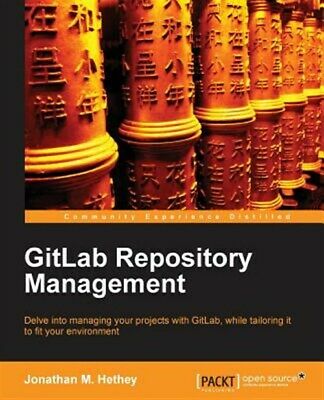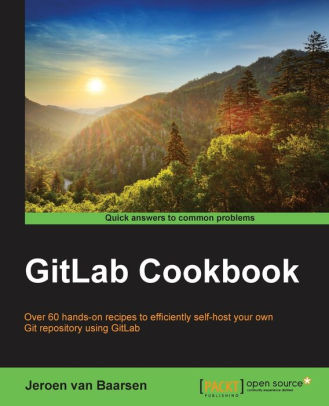If you’re following along like a good little do-bee, you’re already aware that i’ve been evaluating Gitlab as a functional equivalent to (much of) my Atlassian infrastructure, due to unforeseen events I will no longer vent about.
This required me to actually LEARN gitlab in the process.
In my usual fashion, the very first thing I did to start learning it was to install it. In my infrastructure. No planning, no strategy, just follow the install doc and get it up and running so that I can start playing with it.
That alone was so easy that I got cocky. Again, with no planning and just the barest hint of strategy, I integrated it with my FreeIPA ecosystem. No problem.
Then, following the simplest of breadcrumbs, I was able to migrate both my existing Bitbucket infrastructure AND my existing Jira dataset. Some of those subsets of data referenced the same internal projects, so it was fun and informative to sort through that.
So here I am with 92 projects, many with open and closed issues, some with git repositories. Seems good. I’ve already started working through issues and generating new ones.
But now here I am with a mostly unfamiliar new interface. I’ve been around, I’ve used many interfaces and I’m reasonably competent with git, but I have yet to figure out what else Gitlab can do for me to improve my life.
So I picked up The Gitlab Cookbook and Gitlab Repository Management to see if they would expand my knowledge.
They did, to an extent. But neither of them were perfectly suited to my needs. This is my gripe with most of the computer books out there. The widest audience for a book is going to be people who are new to the product, the technology or the paradigm. There are very few books out there that are capable of taking you into the stratosphere — the deep tracks of a product, where hearts and minds are conquered, lives are changed forever, destinies altered…
So yeah. These books covered installation, user management, creating projects and issues, etc. I was able to skim through most of that. The CI/CD sections will probably prove useful at some point, but that’s not exactly where I’m going right now. I guess what I want is all the cool little timesavers that improve our lives and the quality of the data retained and created by these products. Neither of these books really got into that.
As an example, I wonder why neither of these books chose to explore “Quick actions.” This is the kind of deep knowledge I need. When I can open an issue, and type “/spend 1h” in the description box to document the fact that I spent an hour on something, that means a lot to me. When I can type “/shrug” to append ¯\_(ツ)_/¯ to a comment, these are the important things I need to know.
So now I know. I don’t need a Gitlab book. I need a Gitlab Quick Actions Cheat Sheet.
And so do you.
And here it is. https://docs.gitlab.com/ee/user/project/quick_actions.html. You’re welcome.
The rest of Gitlab is mostly pretty intuitive, or else completely dependent on your knowledge and understanding of git itself.



